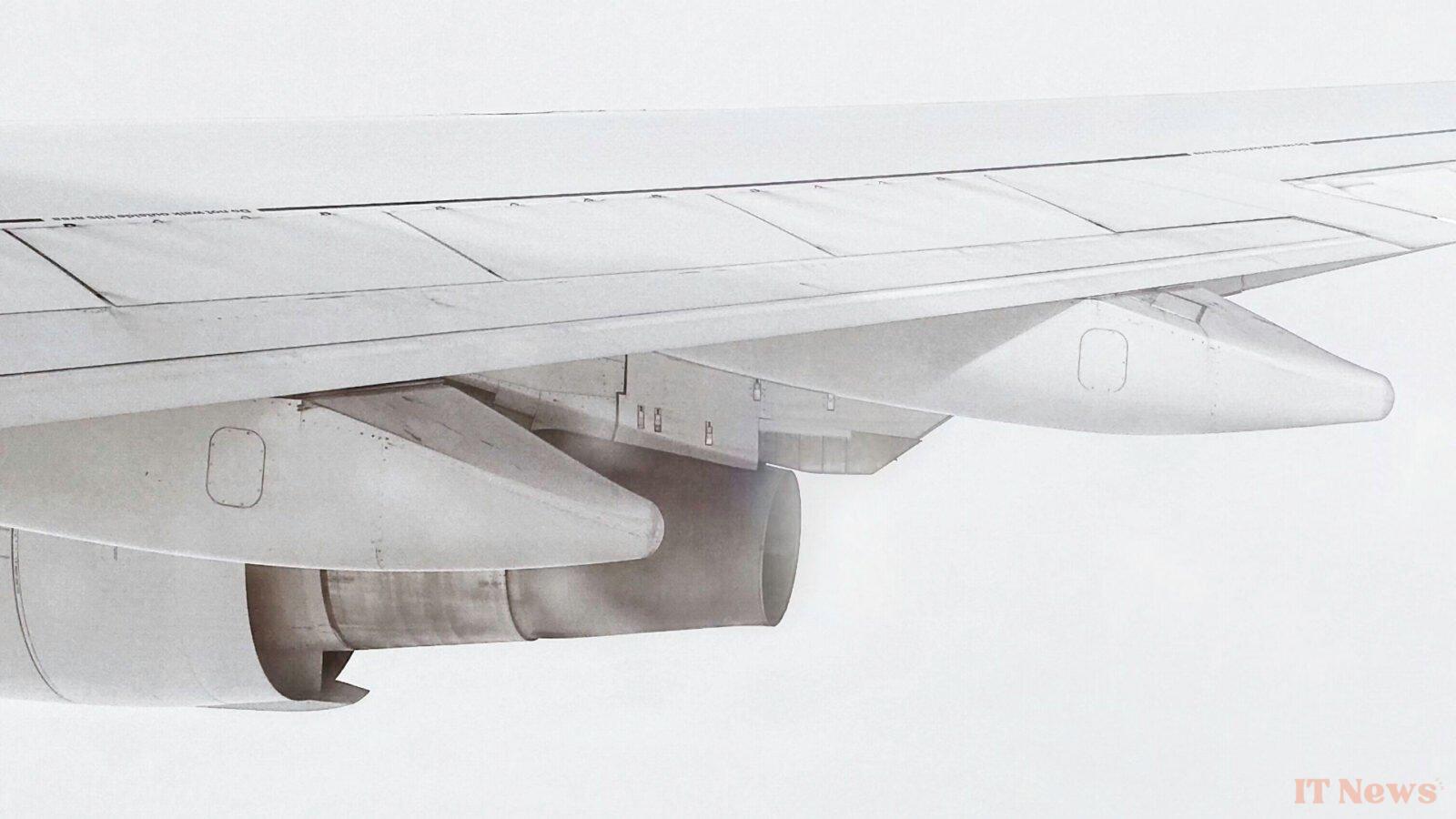On Sunday, June 1st, the aviation industry, and airlines in particular, delivered their verdict on 2050 and the goal of carbon neutrality. According to IATA, the International Air Transport Association, meeting the decarbonization project on time remains "entirely within our reach", even if it proves "in jeopardy", according to Marie Owens Thomsen, IATA's vice-president for sustainable development.
One of the main limiting factors would be climate-skeptic policies, which prevent stakeholders from receiving government support, which is essential for meeting the emblematic 2050 goal. "This will slow down progress," said Marie Owens Thomsen, quoted by AFP.
Obviously, Donald Trump's second term in the White House is at the center of the climate-skeptic policies mentioned by the association. Before him, Joe Biden had supported the development of sustainable aviation fuels (SAP) through tax credits. He hoped that, by 2050, the United States would reduce its aircraft fuel consumption by at least 30%. Federal subsidies were frozen as soon as the 47th President of the United States took office.
At the time of the freeze on American aid, the director of the International Air Transport Association, Willie Walsh, commented on the situation. He clearly stated that "the United States is the region in the world where the production of sustainable aviation fuels has grown the fastest, thanks to federal and regional incentives. Their possible elimination would therefore have a very strong impact on the decarbonization of air transport."
Producing SAP and lowering its price
Airlines would not be protected, since they, too, "already source a large part of their supplies from the United States", added Willie Walsh in January. The price of oil would also be a problem, since it is "very cheap", stressed Marie Owens Thomsen. A price difference that would in no way help airlines prefer to fill their planes' tanks with SAP (its price is three to four times higher).
With cheap oil, currently around $65 per barrel of Brent, the question of what constitutes an emergency to decarbonize must be asked. However, to achieve net zero emissions, airlines will need to achieve at least 65% SAF in their consumption, reported IATA in its new report at its general meeting in Delhi, India.
SAP will not be produced overnight, and even less will it be available in every airport and in every aircraft engine without massive investment. From a financial perspective of the goal of carbon neutrality by 2050, Marie Owens Thomsen estimated the amount that will need to be raised at $4.7 trillion.
The association's head of sustainable development took the example of investment in oil producers, subsidized to the tune of $1 trillion, to explain that financing the shift in air transport towards SAP is "totally within our reach". She added, referring to wind and solar power, that "the money we're talking about is very comparable to that which has been spent on creating other energy sectors."
For the time being, SAP production is increasing - even doubling - with 2.5 billion liters forecast compared to half that last year. There has, however, been a revision to previous statements, which estimated total SAP production at 2.7 billion liters in 2025. In any case, the levels still remain very low. On an industry scale, they represent only 0.7% of the fuel volumes needed by industry.
Source: Ouest-France



0 Comments